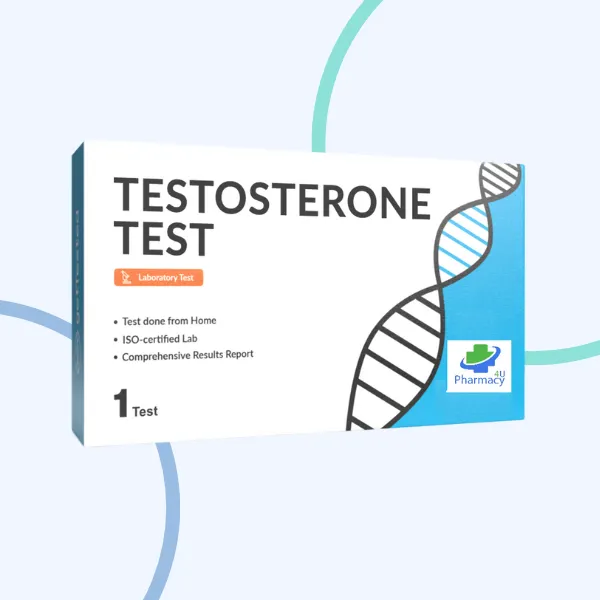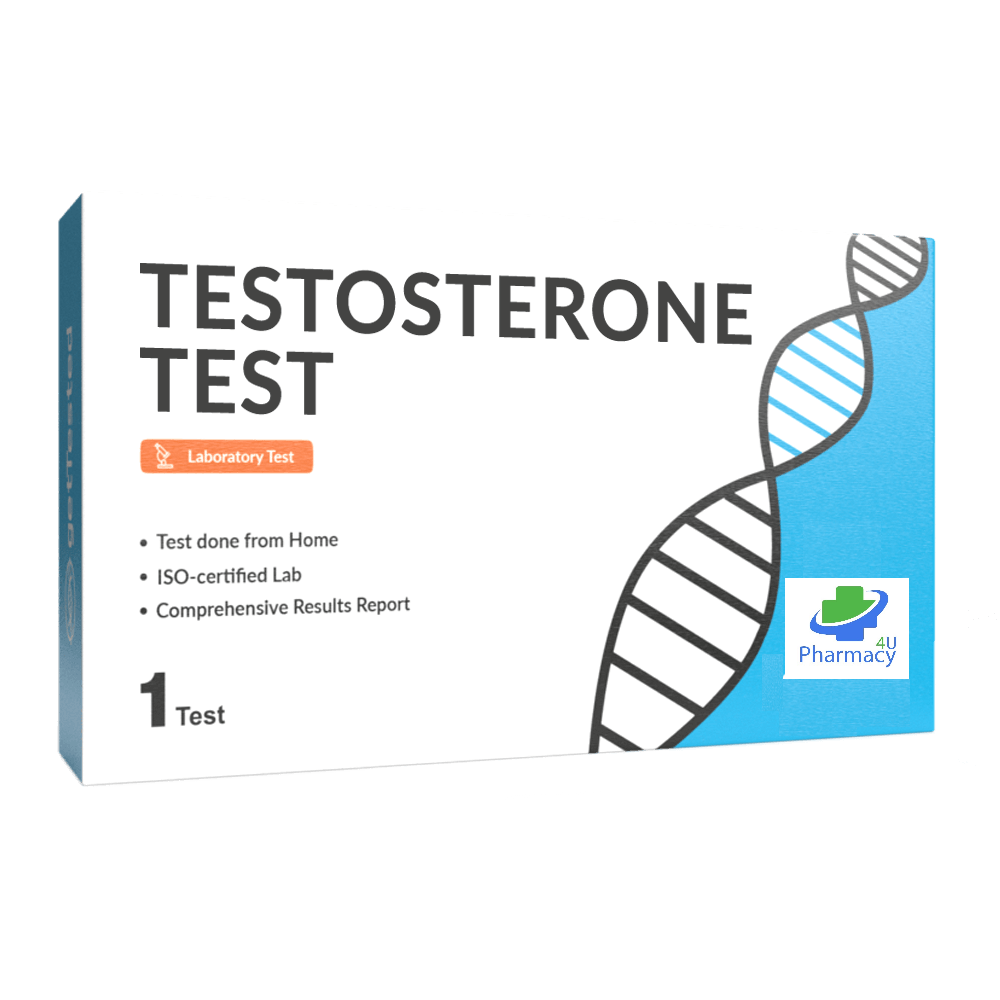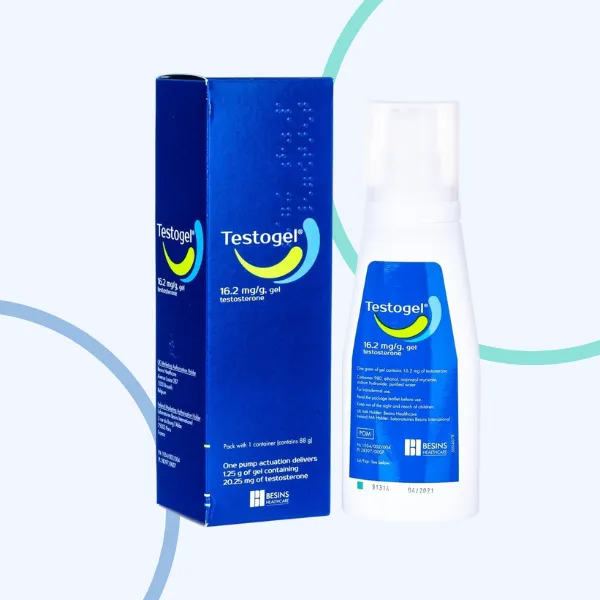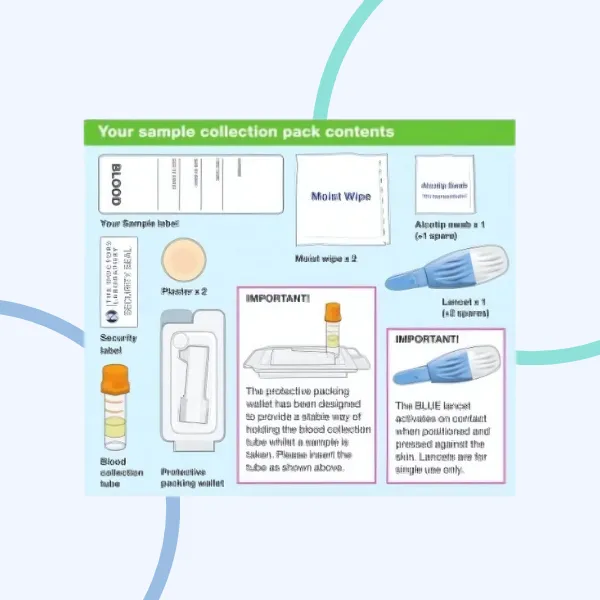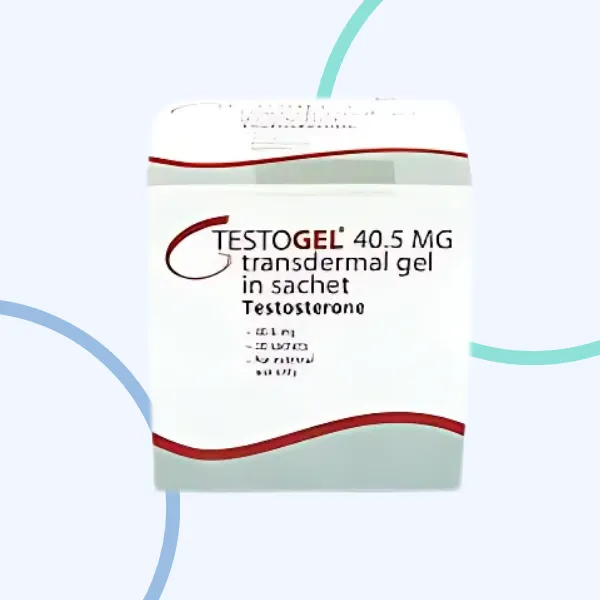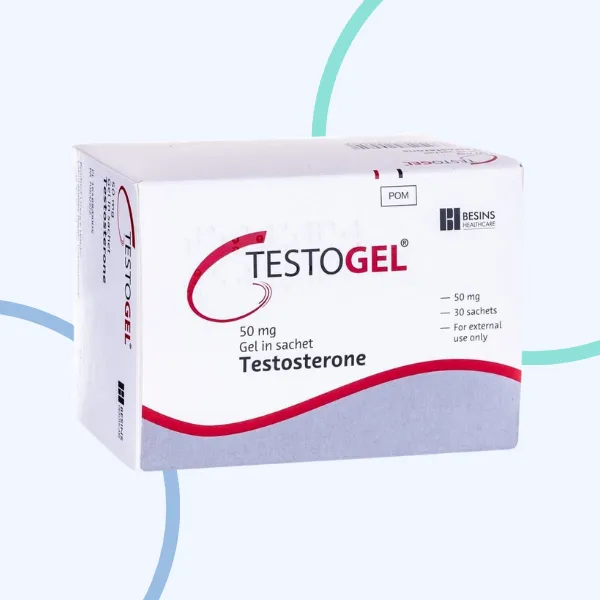- Home
-
-
-
-
-
-
-
-
- Skincare
- Sleep
- Buy Sleeping Tablets
- Migraine
- Diarrhoea & Constipation
- Threadworms
- Trapped Wind
- Haemorrhoids/Piles & Anal Fisure
- Dandruff
- Fungal Infections
- Scars, Cellulite & Stretch Marks
- Warts & Verrucas
- Cough & Cold
- Excessive Sweating
- Lice & Scabies
- Snoring
- Children & Babies
- Nausea
- Managing Medication - Pill Boxes And Tablet
- Acid Reflux & Heartburn
-
- Feminine Underwear
- Angina And Heart Health
- Children's Healthcare
- Cystitis & Urinary Infections
- Coughs, Cold And Flu
- Hair Care - Head Lice & Nits
- Skin Care.
- Hangover Relief
- Hayfever & Allergy Relief
- Health Monitoring & Diabetes
- Herbal Remedies
- Excessive Sweating
- Lip Care
- Nasal Care.
- First Aid
- Oral Health
- Ostomy Care & Catheter Care
- Pain Relief Care
- Piles & Haemorroids
- Sleeping Aids
- Thrush Treatments
- Travel Health
- Vaginal Infections
- Vertigo
- Digestion & Indigestion
- Toiletries
- Incontinence Care
- Low Protein
- Multivitamins & Supplements
- Baby Milk & Formula's
- Wound Management
- Diabetes Test Strips & Needles
- Feminine Hygiene
- Male Enhancement
- Eye Care
- Ear Care
- Mouth Care
- Foot Care
- Health Care
- Oral Trush
- Sun Care.
- Acne Care
- Rosacea Skin Care
- Psoriasis Skin Care
- Eczema Skin Care
- Hair Loss Care
- Quit Smoking Aids
- Asthma Healthcare
- CBD & Herbal Remedies
- Immunity
- Bone
- Nutritional Drinks
- Worms
- Baby Healthcare
- Bites & Sting Relief
- Chicken Pox
- Urinary/Bladder Problems
- Vaginal Dryness
-
-
-
- Contraceptive Pill
- Morning After Pill
- Period Delay
- Alternative Contraceptives
- Bacterial Vaginosis
- Period Pain
- Hormone Replacement Therapy (HRT)
- Vaginal Dryness
- PCOS
- Feminine Hygiene Underwear
- Female Hormones Test
- Women's Health - Thrush
- Cystitis Treatments
- Hirsutism (Hair Removal)
- (UTIs) Urinary Tract Infections
-
-
-
-
Enhanced Testosterone Blood Test - Step2
Guaranteed Safe Checkout
Enhanced Testosterone Blood Test - Step2
The Enhanced Testosterone Blood Test – Step 2 is a simple home-to-lab test designed to measure testosterone and related hormone levels. It provides a convenient way to gain insights into your body’s hormone profile through a straightforward blood sample collection.
Key Features
- Measures testosterone and related hormone levels
- Simple at-home finger-prick blood collection kit
- Step 2 follow-up test for more detailed insights
- Secure packaging for safe sample return
- Results provided through a certified laboratory
Product Information
This test kit allows you to collect a small blood sample at home using the finger-prick method. The kit is securely packaged and includes instructions and materials for safe collection and return. As part of the Step 2 process, this test provides more detailed information on testosterone and associated hormone markers. Results are analysed by a certified laboratory to ensure accuracy.
Note
This test is intended for adult use only. Keep out of reach of children. Store the kit in a cool, dry place until use. Not suitable for use during pregnancy or breastfeeding. Always follow the instructions provided with the product.


